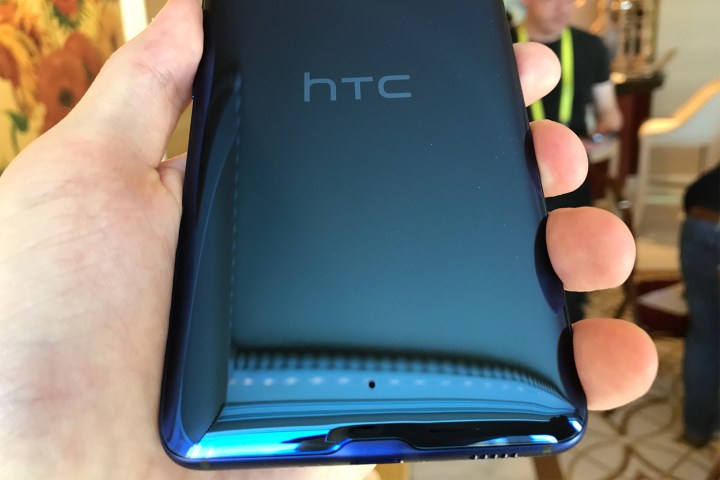
Chang described the market as “ultra-competitive,” a factor she blamed on the company’s failure to turn a profit this quarter. In the final quarter of last year, HTC took in $722 million and recorded an operating loss of $117 million, a minor improvement from Q3 2016’s loss of $133 million.
HTC says it’s going to drop cheap phones from its 2017 lineup. In their place, it plans to release six to seven high-margin smartphones.
Interestingly, this isn’t the first time the company’s pledged to refocus its manufacturing efforts on high-end devices. In 2012, the firm announced that it would only focus on “top-tier phones,” a strategy which it subsequently relaxed.
Generally speaking, it’s a well-founded approach. Take Chinese smartphone maker Huawei’s recent earnings, for example: According to analysts at the International Data Corporation (IDC), high-end phones accounted for around 57.2 percent of its smartphone shipments in the third quarter of 2016.
But for HTC in particular, it’s a risky move. The Taiwanese smartphone maker will release its first 2017 flagship, the U Ultra, in Europe with a global release to follow soon after. But it has yet to secure a launch partnership with a U.S. carrier, meaning that it’ll retail at the carrier-unlocked priced of $750 and up.
And the competition won’t sit around waiting. Late last year, new estimates showed that Apple took 103.6 percent of the profits from all smartphone sales in the third quarter of 2016. By comparison, Samsung captured just .09 percent.
HTC may have better luck in other markets. During an earnings call with investors, the company announced that it will introduce a mobile VR headset by the end of 2017 “designed to work with the U Ultra.” Last year, HTC split off its virtual reality business into a separate entity and announced Vive X Accelerator, a $100 million incubator with the mission of investing resources in promising VR games and experiences. More recently, it announced a $10 billion VR Venture Capital Alliance and launched Viveport, a VR-focused storefront, on mobile devices.
Editors' Recommendations
- Look who just replaced Samsung as king of the global smartphone market
- HTC is dead and Samsung is king: Smartphone manufacturers that won and lost in 2019
- HTC still makes smartphones, but still isn’t great at marketing them


